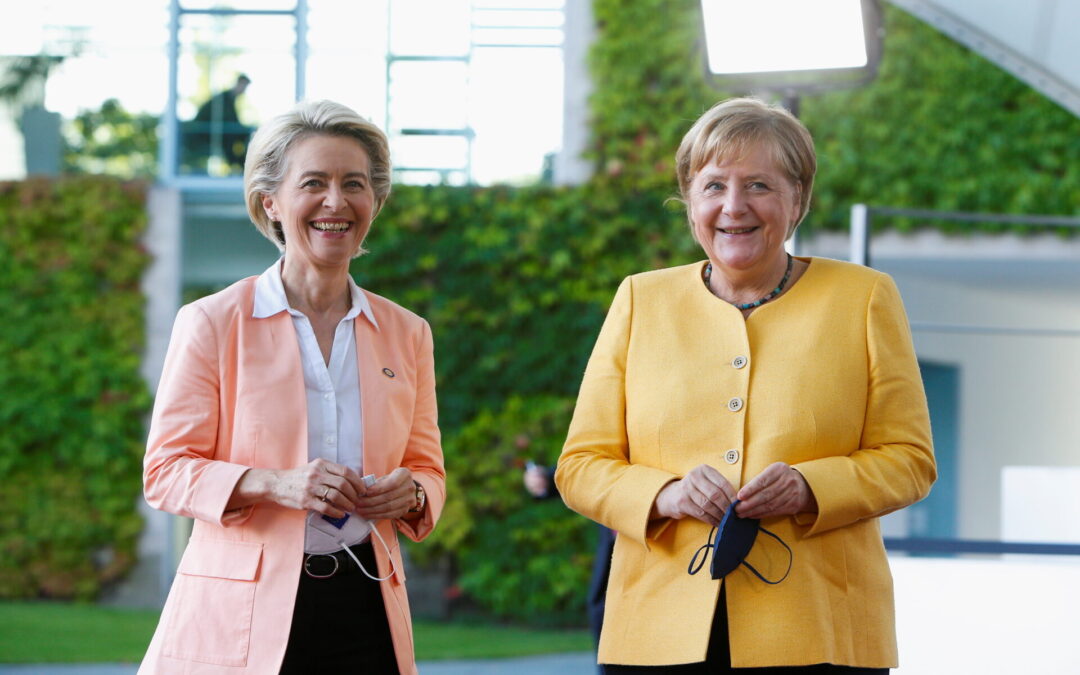“`html
Berlin – EU Commission President Ursula von der Leyen attests to former German Chancellor Angela Merkel (both CDU) on her 70th birthday for her great merits for Europe and Germany.
“Angela Merkel has contributed enormously to the strength and unity of Germany and Europe through her personality and actions,” wrote von der Leyen in a guest article for the magazine “Die Politische Meinung” of the CDU-affiliated Konrad Adenauer Foundation in Berlin. “The CDU has every right to be proud of this chancellor,” she added.
The same applies to women in politics, for whom Merkel has “pushed open many heavy doors,” von der Leyen added. And also Germany, “for which she has worked tirelessly and with admirable endurance, can be proud of her.” The former chancellor will turn 70 on July 17. Within the CDU/CSU faction, Merkel’s policies during her 16-year tenure as chancellor are considered controversial.
“Binding with dry humor”
According to von der Leyen, Merkel’s success and influence were based on many strengths – the Commission President named three of them: “Her unfailing compass for the center. Her unpretentiousness, spiced with dry humor, which immediately creates trust in the other person. And her skill in quietly and with great naturalness occupying strategic positions.”
The central figure in Europe for a decade and a half
Even if not every decision was proven right in retrospect, “Germany experienced very good times thanks to her wise leadership.” Von der Leyen added: “And in Europe, she was the central figure for a decade and a half thanks to these mentioned talents.”
No monologues, no pathos
Merkel deliberately downplayed her own significance in summit formats, writes von der Leyen. “She gladly left long lecturing monologues and pathos to others in the round.” When Merkel brought in personal experiences, “then subtly, briefly, and with quiet humor,” recalls the Commission President, adding: “I never experienced her using her East German origin as an argument in domestic political disputes.”
Deliberately, the then chancellor listened even more attentively to the smaller member states than to the larger ones. On the global stage, Merkel was “a valued interlocutor and advisor precisely because of these aforementioned qualities.” (July 7)
“`
 go to the original language article
go to the original language article
